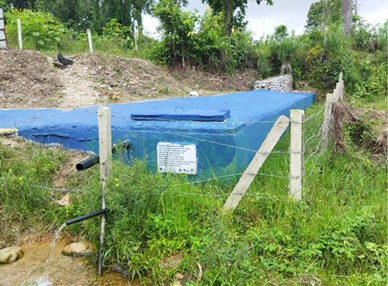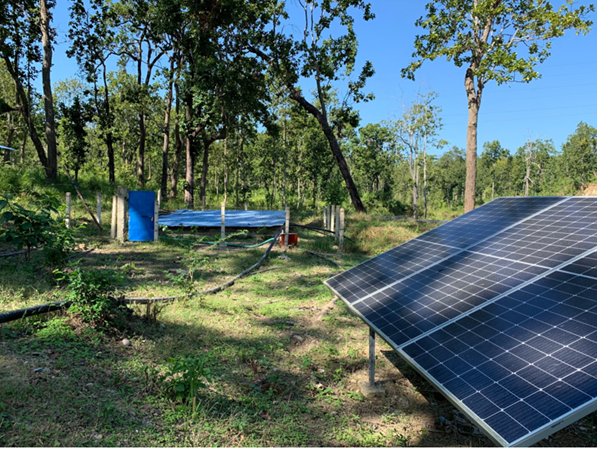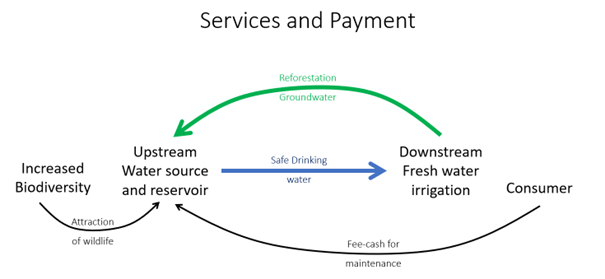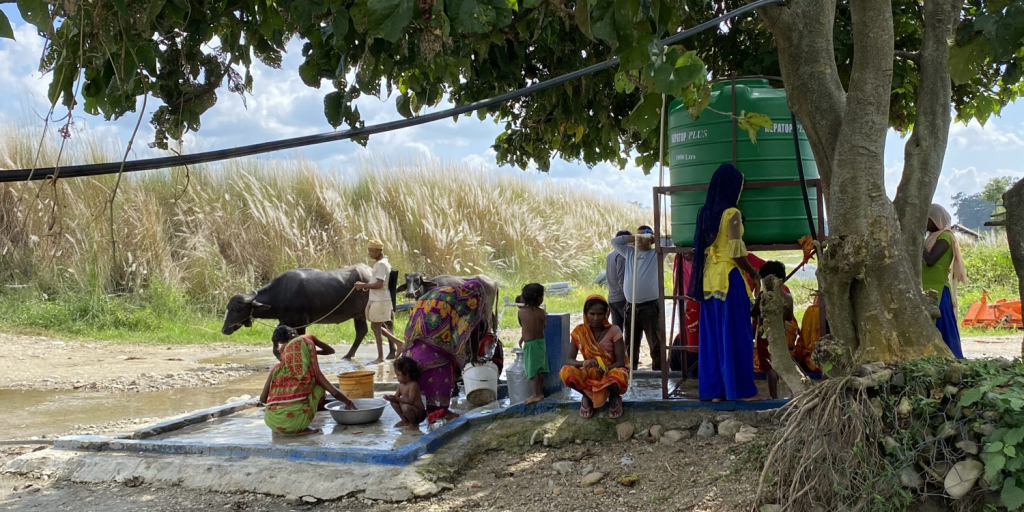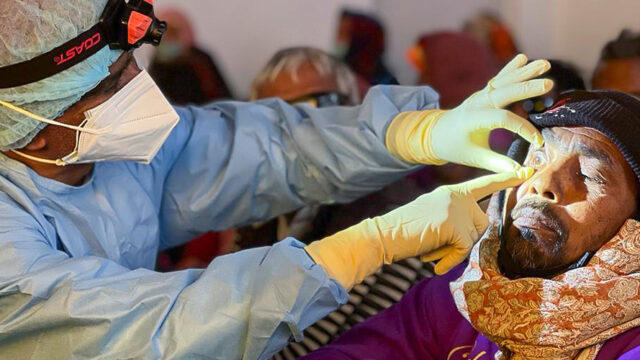ADRA Europe sponsors initiatives that provide sustainable access to water.
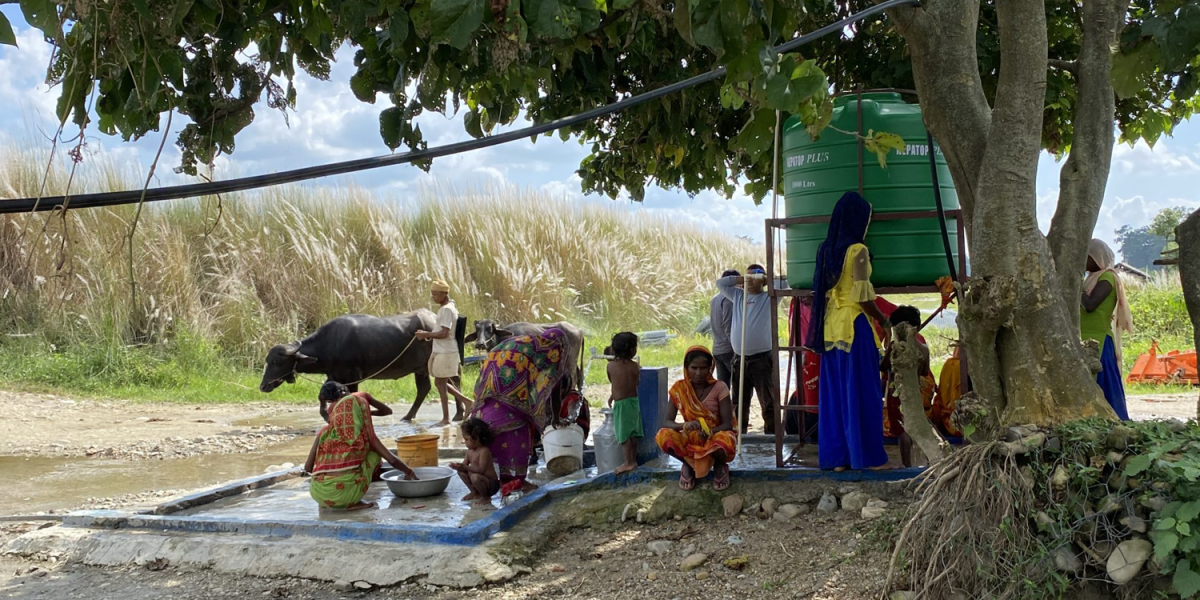
World Water Day 2024 on March 22 highlighted the significance of water in fostering peace and mitigating conflicts. Water, often regarded as a source of life, holds the power to either nurture harmony or ignite conflict within and between communities.
Water scarcity, pollution, and unequal access can exacerbate tensions, leading to conflicts among nations and communities. With more than 3 billion people worldwide relying on water that crosses national borders, the need for cooperation and equitable management of this vital resource has never been more critical. Yet only 24 countries have cooperation agreements for all their shared water, highlighting the urgent need for collective action.
Amid the challenges posed by climate change and growing populations, initiatives that promote water conservation and cooperation are important. One such example comes from a recent project implemented by the Adventist Development and Relief Agency (ADRA) and local partners in Nepal and co-funded by the European Union, the Austrian Development Agency, and ADRA Austria.
Introducing Payment for Ecosystem Services to Safeguard Water Resources
In this project, ADRA introduced Payment for Ecosystem Services schemes aimed at safeguarding water resources and fostering community collaboration. A compelling illustration emerges from the Kalapani Marka Drinking Water Payment for Ecosystem Service scheme, implemented by two neighboring communities — one upstream and the other downstream.
In the upstream community, a proactive approach was taken to capture and store water from a natural source that previously flowed freely into the fields.
By capturing water in a large tank, not only was water saved and kept clean, but the community also extended its resource downstream. Through a network of pipes, safe drinking water was provided to three lower-lying villages that had previously struggled with access to safe water for drinking.
Crucially, the implementation of Payment for Ecosystem Services went beyond this. In addition to contributing financially to the maintenance of the water system, community members engaged in environmental stewardship. Trees were planted around the water catchment area to mitigate erosion and enhance groundwater levels, enriching the local ecosystem.
A better-cared-for natural ecosystem has its own dynamics. With the return of wildlife thanks to denser vegetation, including wild pigs and elephants, new challenges arose. The coexistence of humans and animals necessitated close collaboration and conflict mitigation efforts. Through dialogue and cooperation, communities worked together to maintain peace and harmony, recognizing the interconnectedness of their well-being with that of the ecosystem.
This transformative approach exemplifies the potential of water management initiatives to not only address immediate needs but also foster ecological resilience and peace within communities. By recognizing water as a common resource and embracing sustainable practices, we pave the way for a more harmonious and prosperous future for all.
We all must understand that publicly shared natural resources like water have a price on them to ensure they are accessible sustainably in the future. Let us reaffirm our commitment to collective action and collaboration in safeguarding our most precious resource, water, for it is not just essential for life but also for peace.
The original version of this story was posted by ADRA Europe.


